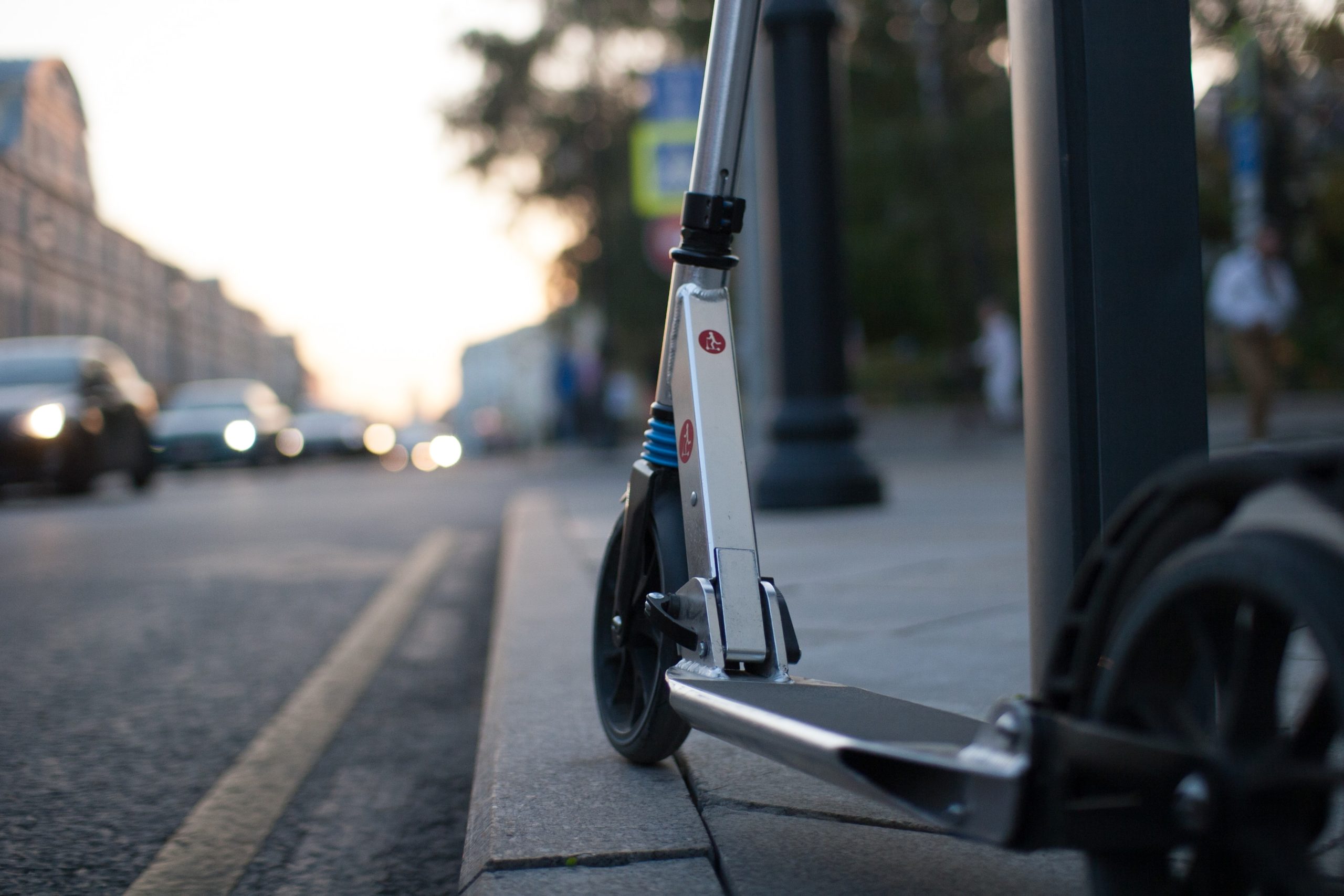
Dublin has a solution for improving the safety of e-scooters – AI
What’s happening? Dublin City University, in collaboration with micro-mobility technology company Luna, Smart DCU, the Insight Research Centre For Data Analytics and e-scooter firm Tier, has launched an AI-backed e-scooter research trial project. The aim is to establish safety standards for e-scooter safety, both in Ireland and globally, as well as investigating the potential of vision-equipped micro-mobility in a Smart City. Luna and Tier have supplied 30 computer-enabled scooters. The move comes as the Irish government considers making scooters street legal. The Tier scooters used in the trial will have algorithms for lane segmentation as well as pedestrian detection abilities. (Intelligent Transport)
The case for e-scooters – There has been a lot of debate regarding the sustainability of e-scooters, and shared e-scooter platforms in particular.
At their best, they provide an alternative way to travel in cities, being used for trips that would otherwise be taken by car. In Chicago, for example, 43% of surveyed users said they would have opted for a car for a previous journey had an e-scooter not been available. Additionally, 39% of riders in Portland claimed they drove cars less as a result of shared e-scooter platform use. Shared micro-mobility services can also improve the first- and last-mile connectivity, meaning they can help people bridge the distance between their home (or work) and public transport.
What is the problem? The uptake of shared e-scooter platforms has also led to an increase in accidents and injuries, with San Francisco seeing about 39,000 injuries related to e-scooters between 2014 and 2018. One third of these were head traumas. One study found most accidents happen on pavements, even in areas where e-scooters should not be riding on them.
While light micro-mobility devices overall are less likely to be included in fatal accidents than cars or motorbikes, they are also more prone to crashes requiring hospitalisation than bikes. Worse stability means riders are more vulnerable to fall off when riding over a pothole or a crack in the rode than cyclists.
Another problem is the risk to pedestrians, particularly vulnerable ones such as the elderly or those who are blind or partially sighted, in case of collision. Tripping over a badly parked scooter can lead to serious injuries, including hip bone fractures.
And the solution? Alongside encouraging helmet use and introducing dedicated lanes, technology can also help improve safety.
This includes geofencing, which can help implement no-ride zones and prevent improper parking. Spin is working with Drover AI to equip scooters with cameras and sensors to prevent their use on pavements, while Luna has worked with Voi to determine the presence of pedestrians and gauge the surface beneath the scooter through the use of sensors. This could lead to reduced speed on pavements and in crowded areas, with the possibility of issuing sound signals in case of unsafe behaviour. Sound signals are also being explored by Tier as a way to increase the safety of blind and visually impaired people.
Scooters as a data source – Equipping e-scooters with sensors can also help city planners collect data from them to help plan infrastructure improvements. Voi’s latest e-scooters have been fitted with air pollution sensors, while Lime is working with San Jose officials to detect where e-scooters are being ridden on pavements, helping it identify areas in need of dedicated lanes for bikes and scooters.


